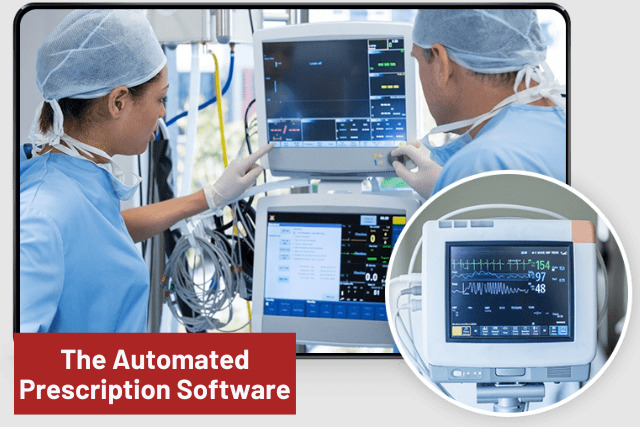
The Medical Business continues to develop at a rapid rate; there are more innovative management tools being introduced to the industry by the day. This is due to the attempt to ensure patients get the best treatment both in and out of the hospital. Like the Revenue XL tools, these discoveries are designed to improve patient outcomes as well as facilitate better healthcare operations.
A properly managed medical business will always have the upper hand when it comes to patients satisfaction. The main factors that influence patients’ decisions about health care include cost, accessibility, customer service, and the aspect in which they can easily access their personal healthcare information.
These things can not be ignored by any medical management looking to make a considerable impact in the healthcare industry.
Medical Business – Manage With These Helpful Operational Tools
Patients want to have access to their health care provider’s online assistance such as websites and apps. And for a medical business to be able to recruit new patients, an online presence is highly essential. According to surveys, almost all patients tend to check a hospital’s webpage making a visit to their facilities.
Below are several practices managers should consider in improving their operations:
● Improving scheduling tools to allow to have patients control on their time
● Speeding up financial transactions and improving payment services
● Sharing information across the organization effortlessly through a networked system
● Eliminating prescription errors
Let’s look at tools with which the medical sector can improve its management strategies.
Improving Storage And Recording Customer Interactions
It is extremely vital to understand and create a repository for your patients’ medical activities. For this to be successfully accomplished, you need to rely on top-notch software that helps health organizations record patient operations efficiently.
EHR/EMR is an example of software that enables record-keeping procedures that help improve processes such as duplicate processes, patient schedules, secure sharing of information within a healthcare business, ensuring automated operations in billing and insurance coverage, as well as other financial recording processes.
The Automated Prescription Software For Medical Business

There are a number of errors that can be experienced through handwriting when prescribing medication. Having software like the Electronic Prescribing Software enables you to avoid such blunders by allowing medics to directly share prescriptions with the pharmacy, maintain a record of the patient’s medication file as well as control drug interactions by detecting allergic reactions within drugs in comparison with patient information.
Telehealth Technologies

As mentioned earlier, patient interaction is what helps a medical business get new clientele. With telehealth practices, the treatment information, medical education, and medical advice are passed virtually across a scope.
It is a way to broadcast and interact with patients remotely through video conferencing, video and audio links which will allow the virtual diagnosis to take place.
Computerized Physician Order Entry (CPOE)
The components of managing effective healthcare operations lie in the ability of a medical organization to take up new effective automated methods. Computerized Physician Order Entry (CPOE) is a software that allows for the digital sharing of patients’ information and records across the whole hospital organization from the laboratory, radiology section to the physician. It creates a networked system that allows efficiency and speed for both the patients and the medics.
Elevate your Healthcare Systems to Skyrocketing Levels
The implementation of different yet equally efficient systems is a powerful operations strategy whose end product is customer satisfaction and increased clientele. With one tool complementing the other, it’s only a matter of time before your organization realizes the positive changes in patient response.
